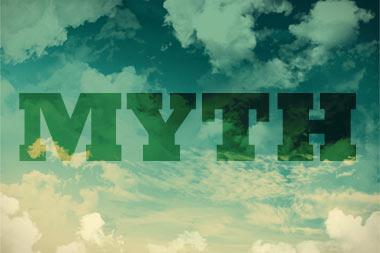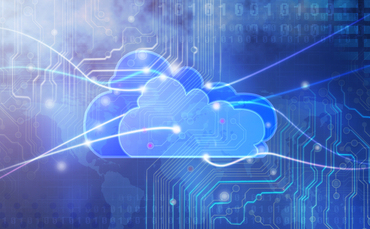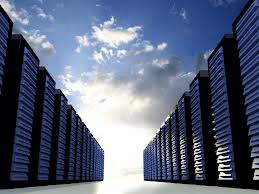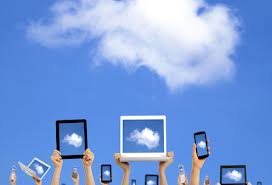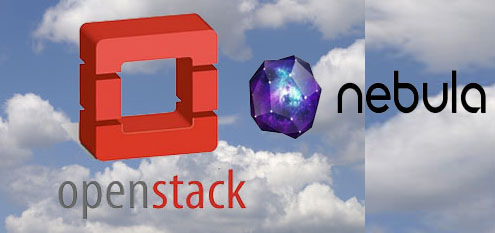Robin Berry | Cloudtweaks
Following the high-tech bubble burst at the start of this millennium, there have been very few advents in the IT industry that have caused much excitement in industry leaders, thinkers, watchers, and consumers alike. The beginning of 2011 saw a new buzz around the globe—cloud computing.

For the average individual, cloud computing doesn’t have the much marketed appeal that the iPhone has, for example. Cloud computing, in simplest terms, is a method for accessing remotely an operating system, a software application, a data bank etc. The tools you need are not dependent on your hardware, but are running on a complex system of servers and high-powered computing devices that you connect to via Internet.
Marshall McLuhan’s “The medium is the message” phrase has never rung truer than with the concept of cloud computing. Imagine turning on your computer in the morning and rather than having an apple or multicolored window greet you, the first thing you see is a login or icon to access the internet. You proceed to log into a cloud—public, private, communal—and once there, you can load your operating system, choose your applications, surf the web, and access your files.
Consider the possibilities for your working environment: it would no longer be necessary for a company to have a central location where employees are chained to for eight hours daily. A business could be improved by having the best employees located around the world, able to work together, with little infrastructure expenses.
Not only would private industry be forever changed by the Ethernet infrastructure of cloud computing, but public organizations would also greatly benefit from cloud computing. Whole levels of government would no longer be tied to silos of servers located throughout a country or even globally. Imagine, as a student, having the world truly as a classroom—being able to access the clouds of different learning institutions—becoming both a global citizen and a student of the world.
Cloud computing is coming, surer than the end of the Mayan calendar, and this event will not only forever change the way we interact with the world around us, but we may also be witnessing the next step in mankind’s social evolution.


